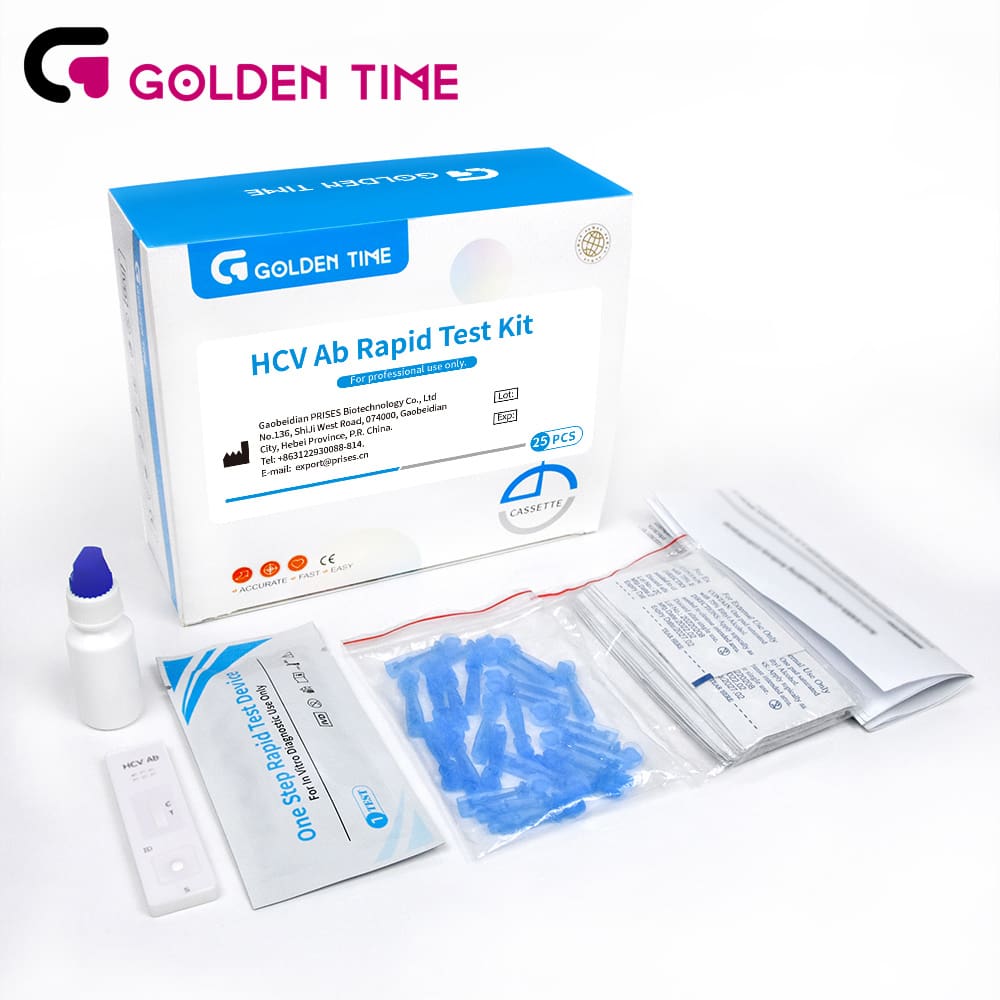Feb . 07, 2025 05:38 Back to list
H.pylori Ag HP Feces Rapid Test Kit
The Helicobacter pylori (H. pylori) stool test stands as a pivotal diagnostic tool crucial for identifying infections caused by the H. pylori bacterium. As a healthcare consultant specializing in gastrointestinal health, I've witnessed firsthand the transformative power of early detection and effective treatment of H. pylori infections. This bacterial infection impacts millions worldwide, often leading to more severe gastrointestinal issues if unchecked. Understanding the intricacies of the H. pylori stool test not only aids in early diagnosis but also plays an integral role in managing overall gut health.
Equally important is educating the public and healthcare providers about the significance of timely testing. Misconceptions about gastrointestinal symptoms often lead individuals to self-diagnose, delaying necessary medical evaluation. This is where a strategic focus on spreading awareness about H. pylori and the availability of reliable testing, such as the stool test, becomes imperative. Emphasizing awareness can lead to earlier intervention and significantly better health outcomes. Healthcare practitioners should ensure patients understand the basics— how to prepare for the test and the significance of potential results. Clear instructions from healthcare providers can quell anxieties surrounding test procedures and results interpretation, fostering a sense of control and engagement in managing one's health. Moreover, as online searches for medical information continue to soar, accurate information about diagnostic tools like the H. pylori stool test must be readily available and accessible. Ensuring content is up-to-date, evidence-based, and user-friendly can enhance its visibility and reliability in the digital space. Ultimately, the H. pylori stool test reflects the progress in medical diagnostics towards more efficient, patient-friendly solutions. Its role in facilitating early detection, monitoring treatment success, and preventing serious health issues underscores its importance in contemporary healthcare. Embracing this diagnostic tool, supported by a wealth of research and real-world testimonies, signifies a proactive approach to gastrointestinal health that promises significant long-term benefits. As awareness and accessibility increase, the positive implications for global health and wellness are poised to expand, highlighting the important intersection of medical innovation and patient care excellence.


Equally important is educating the public and healthcare providers about the significance of timely testing. Misconceptions about gastrointestinal symptoms often lead individuals to self-diagnose, delaying necessary medical evaluation. This is where a strategic focus on spreading awareness about H. pylori and the availability of reliable testing, such as the stool test, becomes imperative. Emphasizing awareness can lead to earlier intervention and significantly better health outcomes. Healthcare practitioners should ensure patients understand the basics— how to prepare for the test and the significance of potential results. Clear instructions from healthcare providers can quell anxieties surrounding test procedures and results interpretation, fostering a sense of control and engagement in managing one's health. Moreover, as online searches for medical information continue to soar, accurate information about diagnostic tools like the H. pylori stool test must be readily available and accessible. Ensuring content is up-to-date, evidence-based, and user-friendly can enhance its visibility and reliability in the digital space. Ultimately, the H. pylori stool test reflects the progress in medical diagnostics towards more efficient, patient-friendly solutions. Its role in facilitating early detection, monitoring treatment success, and preventing serious health issues underscores its importance in contemporary healthcare. Embracing this diagnostic tool, supported by a wealth of research and real-world testimonies, signifies a proactive approach to gastrointestinal health that promises significant long-term benefits. As awareness and accessibility increase, the positive implications for global health and wellness are poised to expand, highlighting the important intersection of medical innovation and patient care excellence.
Latest news
-
Dengue NS1 Rapid Diagnostic Test Kit
NewsMar.07,2025
-
Dengue NS1 Rapid Diagnostic Test Kit
NewsMar.07,2025
-
Dengue NS1 Rapid Diagnostic Test Kit
NewsMar.07,2025
-
Transferrin Rapid Test Cassette Tumor Marker TF Card
NewsMar.07,2025
-
Malaria Pf Pan Rapid Diagnostic Test Kit
NewsMar.07,2025
-
malaria pf / pan ag rapid test
NewsMar.07,2025

